World environment day: restoring land for a safer future
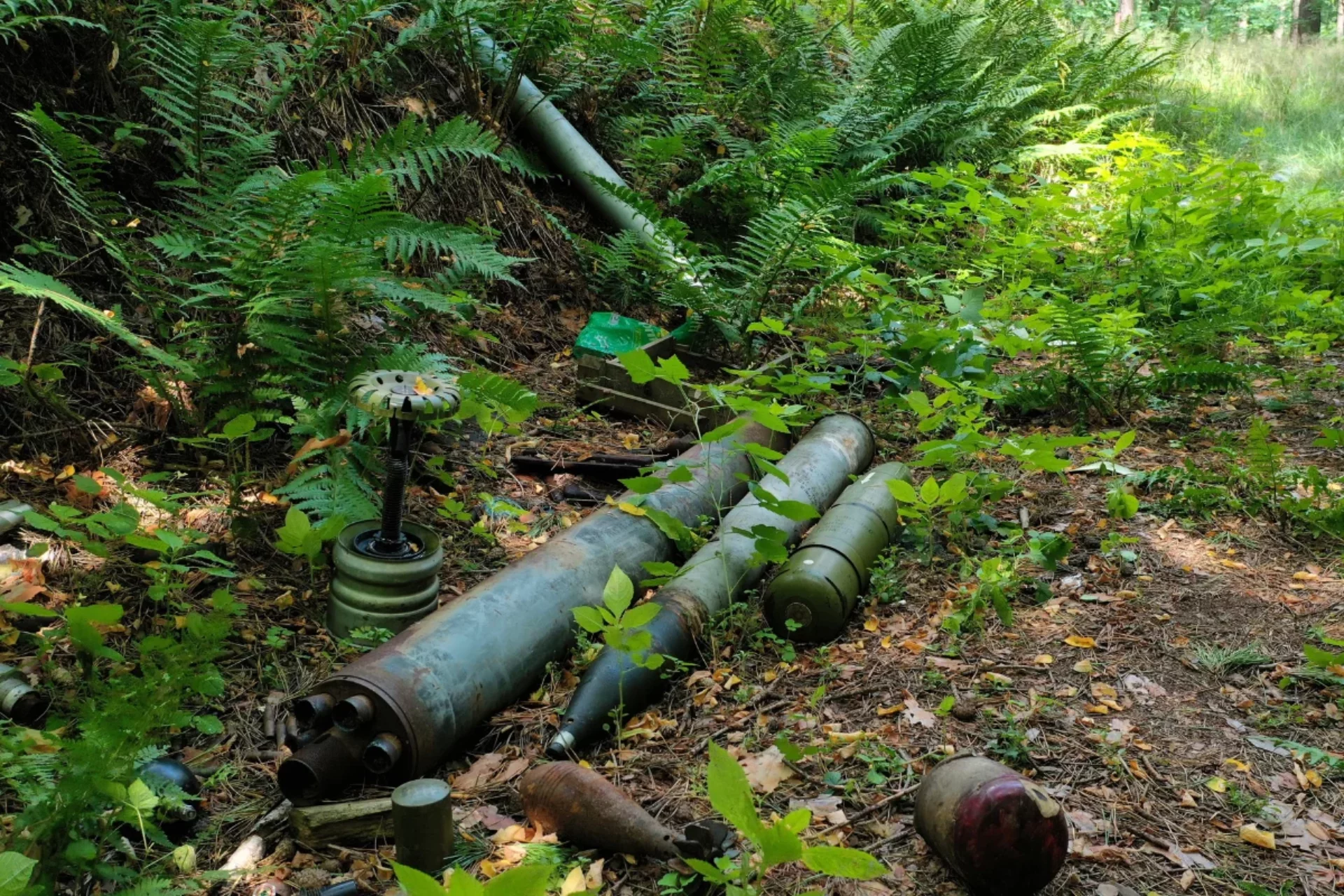
Humanitarian demining is essential to clear the soil of explosive-related contaminants, and to enable the restoration of ecosystems.
In all its demining operations, FSD strives to limit the environmental footprint of its work. The use of clearance methods that respect flora and fauna as well as the use of renewable energies is a priority. Furthermore, FSD is working in partnership with environmental experts.
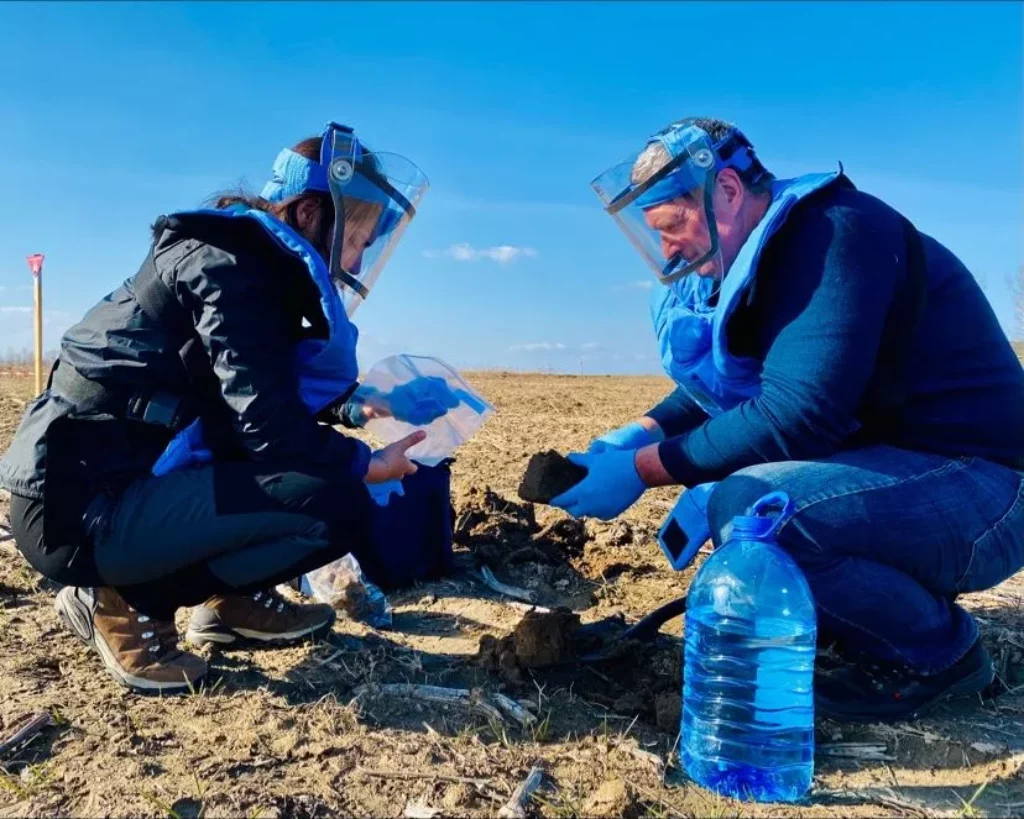
The countries where FSD operates are often among the most vulnerable to climate change. This is the case in Tajikistan, where FSD runs environmental projects alongside demining operations to support the resilience of local communities in the face of drought and declining biodiversity. A project to clear land contaminated by persistent organic pollutants (POPs) has also been underway for several years.
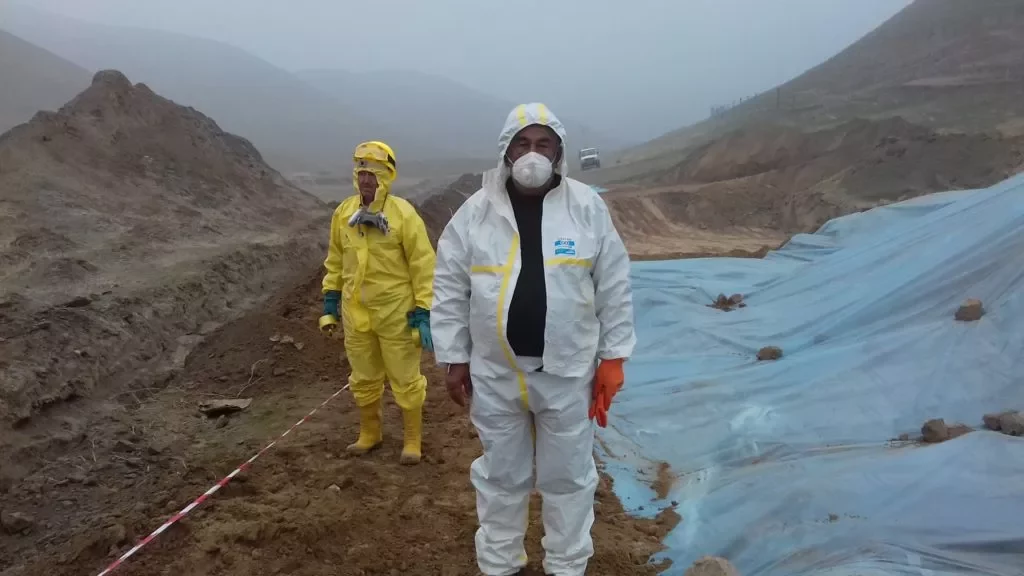
Among its initiatives in Tajikistan, FSD is implementing a tree-planting project in communities affected by POPs and the climate crisis to help reduce soil erosion, desertification and to support biodiversity. In these same communities, FSD is raising awareness about sustainable agriculture and is helping communities to build greenhouses to make better use of resources all year round.
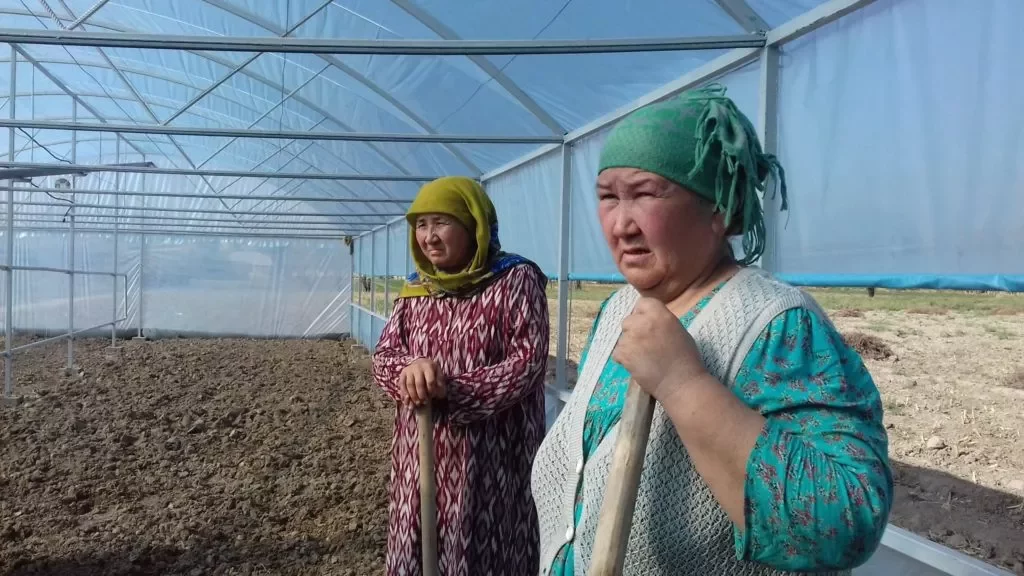
FSD also integrates environmental sustainability perspectives into its victim assistance activities. In Colombia, survivors of armed conflict are supported in setting up urban vegetable gardens, which provide them with a stable source of income and promote their social reintegration. These urban gardens use hydroponic structures to grow vegetables and aromatic plants, encouraging sustainable and local production.
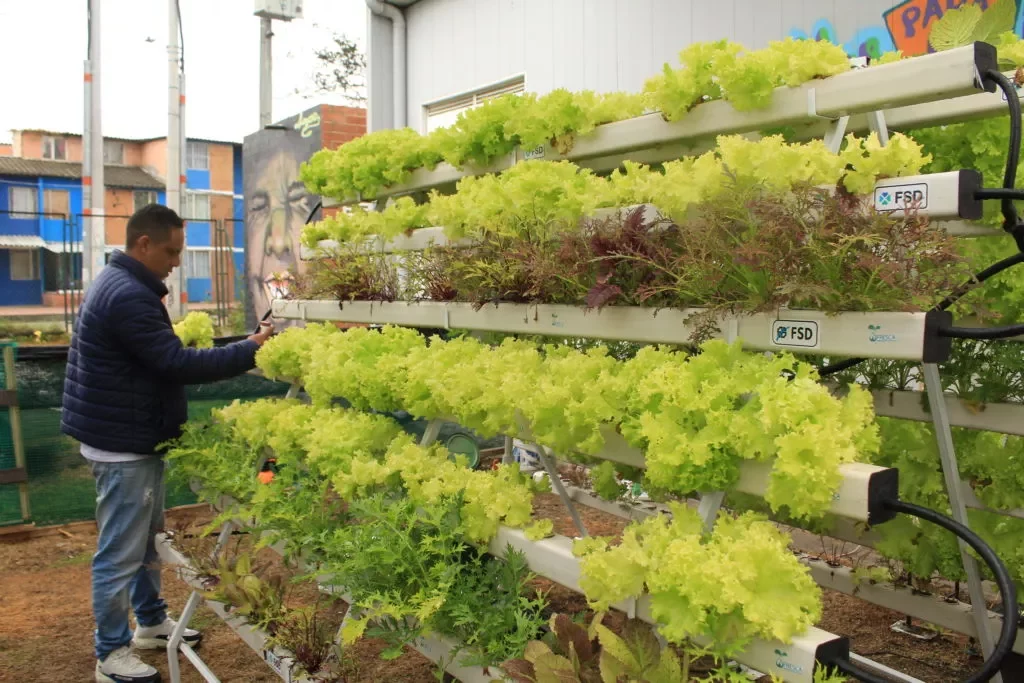
Finally, FSD is working at an institutional level to integrate environmental priorities into international demining programmes, in particular by participating in the Environmental Issue and Mine Action working group created in 2020.
A safer future not only means a future without mines, but also a sustainable world for future generations.
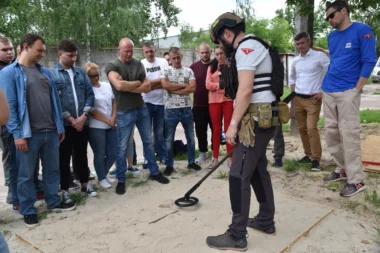
How to become deminer?
FSD’s deminers come from all walks of life: farmers, teachers, IT specialists and many others. Many have had their lives…
Humanitarian demining Iraq
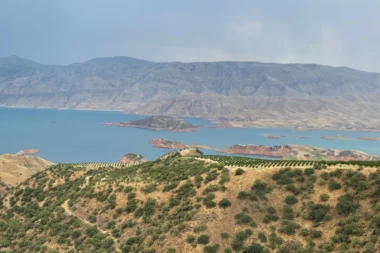
Tourist destinations still marked by the scars of war
In the world, nearly one in three countries remains contaminated by landmines and explosive remnants of war, particularly across much of South-East…
Landmines and explosive remnants Colombia Iraq Sri Lanka
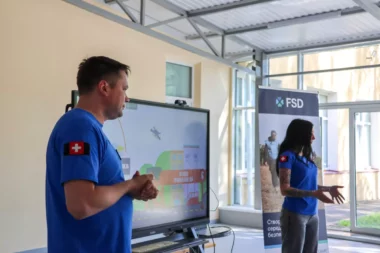
Beyond demining: preparing to hand over the reins
Faced with this reality, FSD — with the support of Switzerland — is working on two fronts: clearing land today,…
Humanitarian demining Prevention and risk education Ukraine